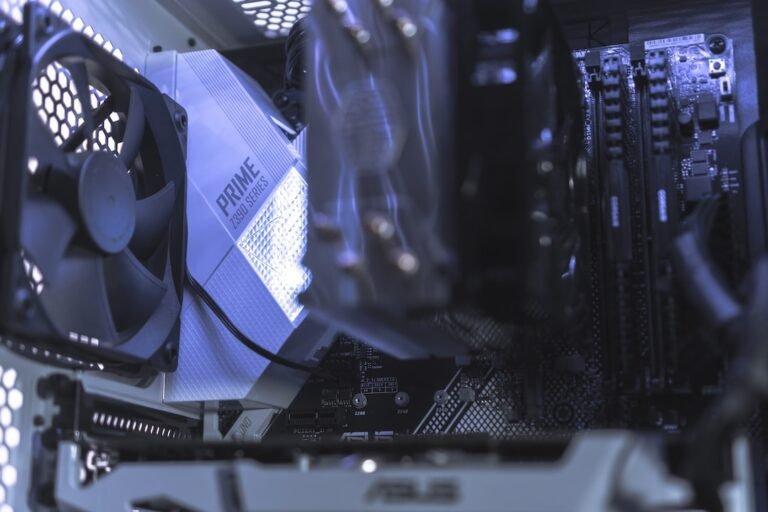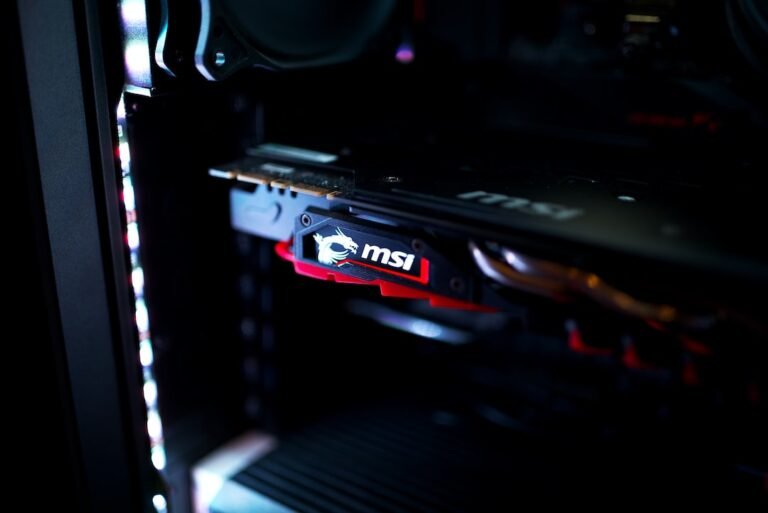Introduction
When you travel, one of the first things you look for in a hotel is a reliable Wi-Fi connection. Whether you need to check work emails, stream your favorite shows, or stay connected with loved ones, having access to the internet is essential. However, public Wi-Fi networks, such as those found in hotels, can pose serious security risks. That’s where a VPN (Virtual Private Network) comes in. In this article, we will explore how a VPN can secure your hotel Wi-Fi and provide you with peace of mind.
Understanding the Risks of Hotel Wi-Fi
Hotel Wi-Fi networks are inherently vulnerable to security breaches. This is because these networks are typically open and accessible to anyone within range. Hackers and cybercriminals can exploit these vulnerabilities to intercept your sensitive data, such as login credentials, credit card information, and personal messages.
Without proper protection, your online activities on hotel Wi-Fi can become compromised. This puts your privacy, identity, and financial security at risk. To mitigate these threats, it is crucial to secure your hotel Wi-Fi connection with a VPN.
What is a VPN?
A VPN is a service that creates a secure and encrypted tunnel between your device (such as your laptop or smartphone) and the internet. Instead of connecting directly to the hotel Wi-Fi network, a VPN routes your internet traffic through an encrypted connection to a remote server located elsewhere.
This encryption ensures that all your data passing through the VPN tunnel remains private and cannot be intercepted or viewed by malicious actors. Additionally, a VPN masks your IP address, making it difficult for others to track your online activities or determine your location.
How Does a VPN Secure Hotel Wi-Fi?
When you connect to a VPN while using hotel Wi-Fi, several security measures come into play:
Encryption: A VPN encrypts your internet traffic, scrambling it into encrypted code that is indecipherable to anyone trying to intercept it. This means that even if someone manages to access the hotel Wi-Fi network, they won’t be able to see your data.
Anonymity: By masking your IP address and replacing it with the server’s IP address, a VPN ensures your real location is hidden. This adds an extra layer of privacy and makes it difficult for malicious actors to track your online activities.
Data Integrity: With a VPN, your data remains intact and unaltered during transit. This prevents hackers from tampering with your information and ensures that you receive data exactly as it was sent.
- Secure Browsing: A VPN protects you from various online threats, including malware, phishing attempts, and malicious websites. It acts as a shield, filtering out potential dangers and providing you with a safe browsing experience.
Finding the Right VPN for Hotel Wi-Fi
When choosing a VPN for hotel Wi-Fi, there are several factors to consider:
Strong Encryption: Look for a VPN that uses robust encryption protocols, such as OpenVPN or AES-256. These protocols provide the highest level of security and ensure that your data remains safe and private.
Server Locations: Check if the VPN service has servers in multiple locations worldwide. This allows you to connect to a server that is closer to your actual location, reducing latency and improving connection speeds.
No-Logs Policy: Ensure that the VPN you choose has a strict no-logs policy. This means that they do not track or store any information about your online activities, providing you with true anonymity.
Kill Switch: A kill switch is an essential feature that automatically disconnects your internet connection if the VPN connection drops. This prevents your data from being exposed in case of any disruptions.
Device Compatibility: Make sure the VPN supports all your devices, including laptops, smartphones, and tablets. This allows you to secure all your devices with a single VPN subscription.
Conclusion
In conclusion, securing your hotel Wi-Fi with a VPN is a crucial step to protect your online privacy and security. By encrypting your data, masking your IP address, and providing secure browsing, a VPN ensures that your sensitive information remains safe from hackers and cybercriminals. When choosing a VPN for hotel Wi-Fi, consider factors such as strong encryption, server locations, no-logs policy, kill switch feature, and device compatibility. With the right VPN, you can enjoy a worry-free and secure internet experience while traveling.
FAQ
Here are some frequently asked questions about securing hotel Wi-Fi with a VPN:
| Question | Answer |
|---|---|
| What is a VPN? | A VPN, or Virtual Private Network, is a service that creates a secure connection between your device and the internet. It encrypts your data, hides your IP address, and provides a secure browsing experience. |
| Do I need a VPN for hotel Wi-Fi? | While it is not mandatory, using a VPN for hotel Wi-Fi is highly recommended to protect your online privacy and security from potential threats on public networks. |
| Can a VPN bypass hotel Wi-Fi restrictions? | Yes, a VPN can help bypass any restrictions or censorship imposed by the hotel Wi-Fi network, allowing you to access blocked content or websites. |
| Is it legal to use a VPN on hotel Wi-Fi? | Using a VPN is legal in most countries, including on hotel Wi-Fi networks. However, it is always a good practice to check the local laws and regulations regarding VPN usage before connecting. |
| Can I use a free VPN for hotel Wi-Fi? | While there are free VPN options available, it is generally recommended to opt for a reputable paid VPN service due to their better security, reliability, and features. |
Further Reading
Here are some external resources where you can find more information about securing hotel Wi-Fi:
Note: The above resources are external websites and should be visited at your own discretion.




